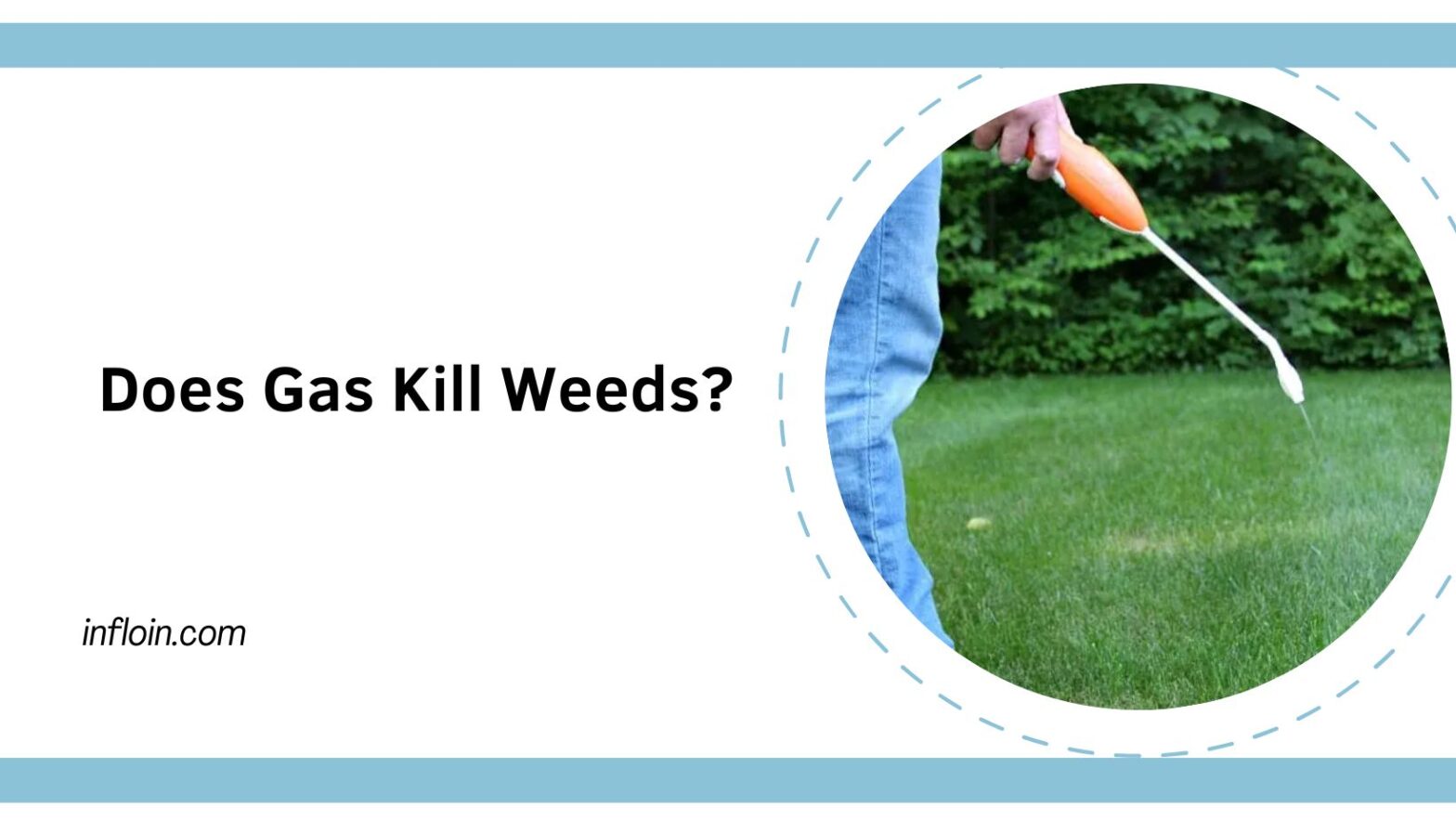Weeds can be an ever-present problem for lawn owners, but there are numerous effective methods available for eliminating them. While certain techniques are better than others, all come with potential drawbacks; gasoline for instance is highly flammable and could burn grass and plants as well as release toxic fumes into the air which can irritate skin conditions; for this reason it would be wiser to choose natural means of controlling weeds.
Table of Contents
It kills all Types of Weeds
Weeds can be a serious nuisance in gardens. Competing with grass for nutrients, they sully your landscape’s aesthetics and can quickly take over. Therefore, many frustrated gardeners resort to using gasoline as a weed killer; however there are certain points they should keep in mind before resorting to this solution.
Gasoline can be highly toxic to plants and kills anything it comes into contact with – including grass. Furthermore, gasoline may destroy other soil bacteria as well as beneficial microbes in your yard and could even pollute groundwater sources if handled incorrectly – thus it’s imperative that appropriate safety precautions are taken when handling gasoline.
Flame weeders use controlled flames that pass over weeds, burning or heating them up to cause cell structures in them to break down and ultimately wilt. While this method is effective at killing weeds safely, protective gloves and eyewear should always be worn when operating a flame weeder, along with applying gasoline on cool days in order to minimize potential side effects such as watering the area afterward.
Saltwater can also be used to dehydrate weeds and kill them without the risk of chemical treatments, while remaining easy and safe. You can also use tools like hoes or cultivators to disrupt root systems to keep weeds from sprouting – although these methods require more physical work, they’re better for the environment overall.
It Has No Long-term Impact on Soil Health
Gasoline is an flammable liquid which evaporates quickly, typically used to power engines. But gasoline also has herbicidal properties which can kill unwanted plants by disrupting their growth cycle. When applied directly onto unwanted weeds or grass plants, gasoline prevents photosynthesis which causes it to wither and die, leaving no one left standing but the dead plants. When handling gasoline it is important to wear gloves and a mask as toxic fumes could harm both you and the environment.
The easiest and fastest way to use gasoline as a weed killer is to spray it directly on unwanted plants, including crabgrass and bermudagrass. A flame weeder may also help quickly get rid of unwanted vegetation.
when spraying or soaking unwanted plants with gasoline, it is crucial that the appropriate amount be used. Too much can kill all the plant while too little may not have as much of an impact; take extra caution not to contaminate nearby water sources with gasoline.
Before using gasoline as a weed killer, it is essential that the soil be completely dry. This will help avoid runoff and other accidents. Furthermore, the gasoline should always be applied directly onto weeds without overspraying other areas or plants; additionally it must never be sprayed directly into the air or ignited with cigarettes, sparks or any other source of heat.
It is Flammable
Weeds compete for water and nutrients with grass, leading many gardeners to use gasoline to kill them. But this approach can be dangerous and has several downsides; gasoline can be highly toxic to plants while damaging other elements in your lawn or landscape.
Fuel use to kill weeds has an adverse impact on soil health in the form of harmful substances leaching out over time, potentially polluting ground water sources and leading to illness for both children and animals that drink from these sources.
Gasoline has a low flash point (-45 degrees Fahrenheit) and emits toxic fumes, making it unsuitable for use around the home. Furthermore, its strong odor makes storage difficult; due to these reasons it would be wiser to use natural weed control methods rather than gasoline for managing weeds.
An effective alternative to herbicides that may harm both the environment and you is using a flame weeder, which uses propane gas burners to produce controlled flames that briefly pass over weeds, damaging their cell structures until they wilt and die – this method yields carbon that can be taken up by soil to replenish nutrients. Furthermore, its safe operation does not add contaminants into soil or add contaminants themselves, while giving off carbon that replenishes it further.
It is Not Effective on All Weeds
Gasoline is a dangerous chemical that kills most plants it touches. Its oily components interfere with photosynthesis and root growth, as well as dehydrating unwanted weeds quickly. Gasoline can also stain concrete surfaces and concrete walkways and should only be used sparingly to eliminate unwanted plants in your yard. Gasoline should also not be exposed to pets and children for safety’s sake.
Gardeners frequently rely on gasoline to remove weeds, yet its effectiveness varies depending on the species of weeds present. While gasoline may work well against broadleaf varieties of weeds like broadleaves and broadsedge, grassy varieties like crabgrass and Bermuda grass don’t respond as effectively. Furthermore, its harmful emissions pollute groundwater supplies and storm sewers, making life even harder for homeowners who rely on wells as drinking water sources.
To use gasoline as a weed killer, first dilute it with water in a ratio of 1:10 with gasoline, pour the mixture into a spray bottle for easier application to targeted areas and make sure to spray weed foliage rather than soil when applying this treatment. Avoid applying on hot days or during windy conditions and keep pets and children away from the area where this treatment will be applied; long term solutions include spreading salt instead.

